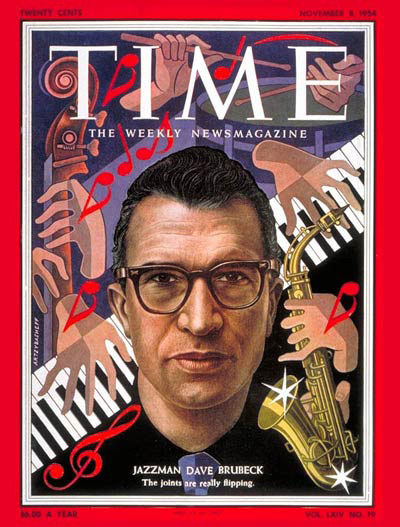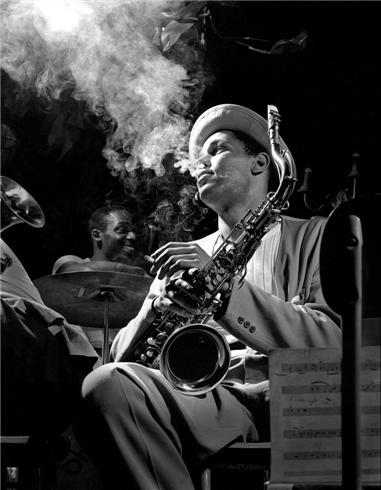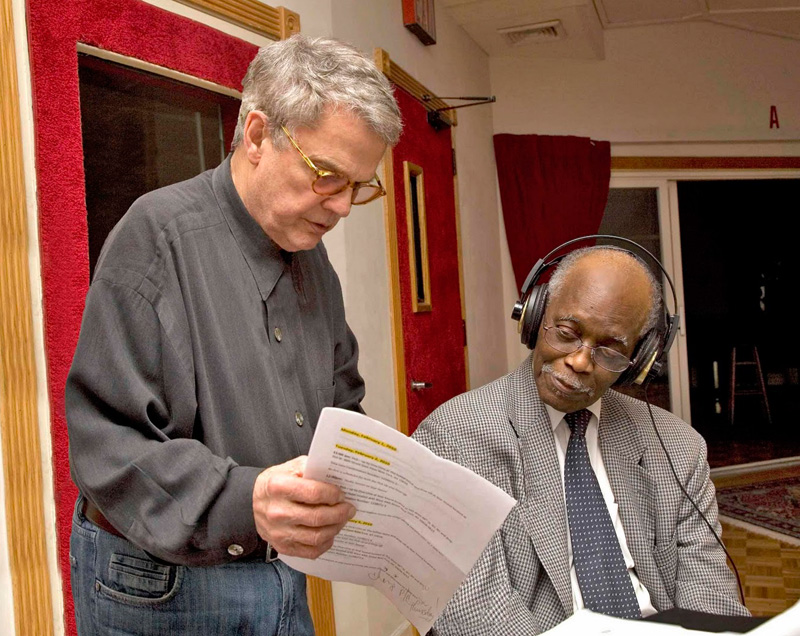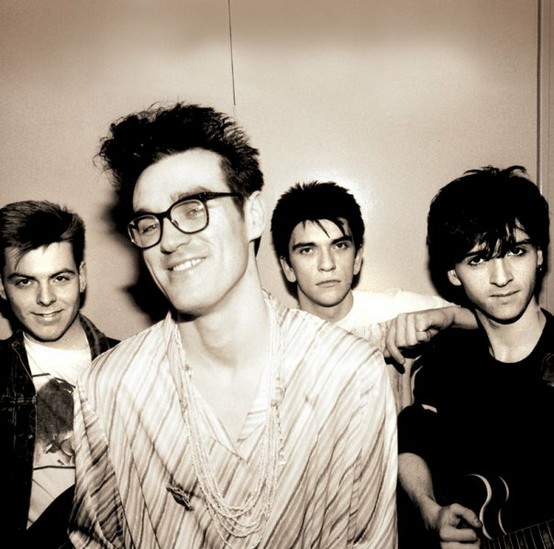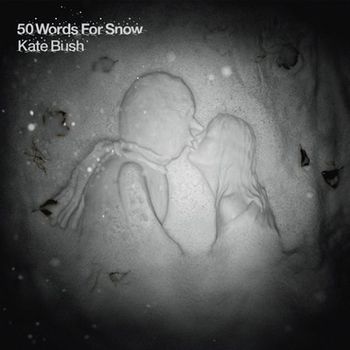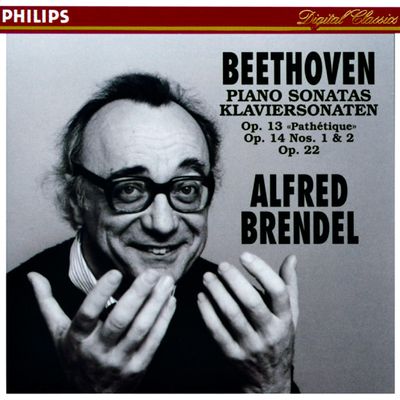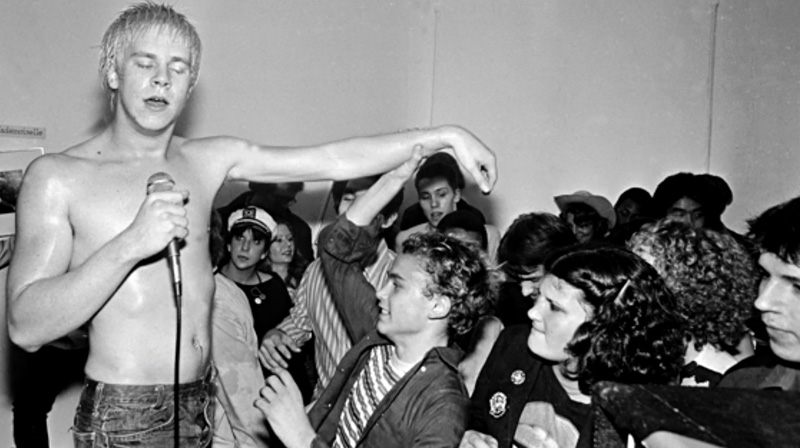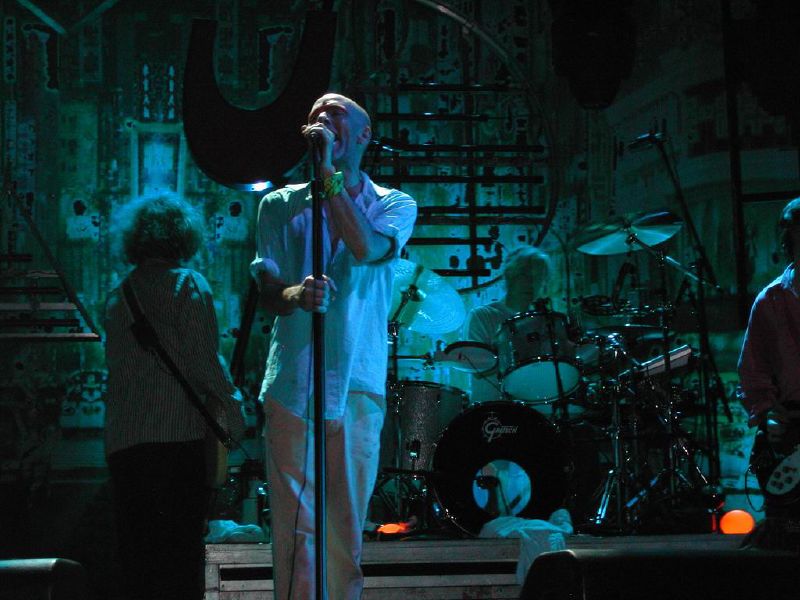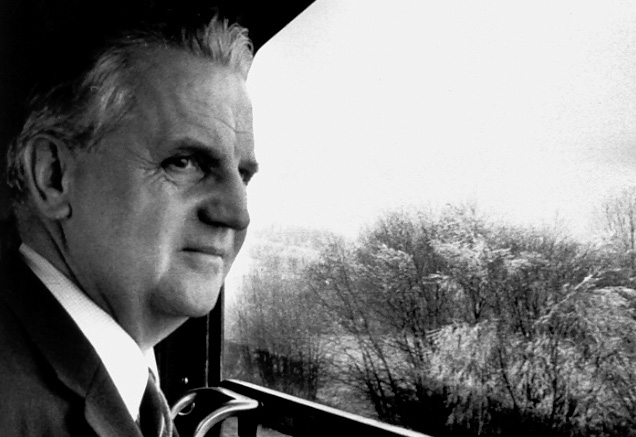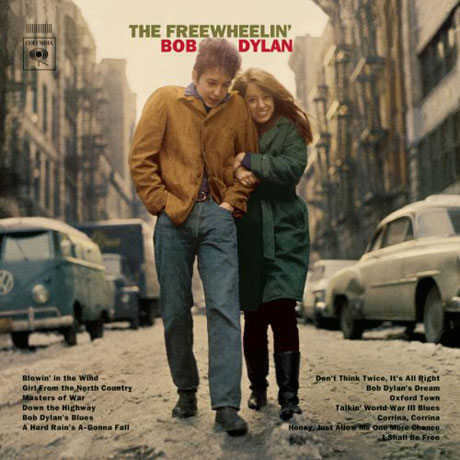In the Great Digitization, it's become commonplace for great treasures from the vinyl age to suddenly appear naked and vulnerable to purchase by the blithest neophyte. Scratching the surface, here are just a few little-acknowledged masterpieces that once were the venerated objects of search crusades by those deep in the know but can now be downloaded for a mere few bucks by anybody.
Feel free to add to the list if you have your own candidates.
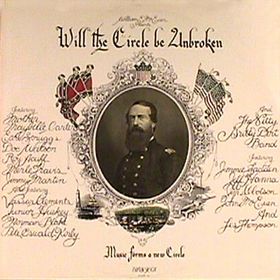 The Nitty Gritty Dirt Band: Will the Circle Be Unbroken. A seminal masterpiece of country rock, the real thing compared to the bands that merely used country to inflect their pop-rock, "May The Circle Be Unbroken" is the document of a legitimate summit—an attempt at reconciliation between younger bluegrass and country musicians soaked in the revolutionary hippie ethos and older, more traditional musicians who were conservative by nature and deeply suspecious of anyone with long hair. Originally a triple album on vinyl, the record documents a week-long meeting to make music, and most of the tracks were recorded on the first or second take on two-track, with no overdubs or splices. The two "sides" never really get over their mistrust, but they make great music together. Featuring Merle Travis, Vassar Clements, Roy Acuff, Jimmy Martin, Brother Oswald, Doc Watson, and Mother Maybelle Carter. The mountain inflections are real, and the music has an authenticity that "country" music (which now mainly means "whites-only pop") now sorely lacks. At a time when the deepest rifts in America were generational, it was the first real country music that many younger rock fans had ever heard. Just as the once-popular vinyl was becoming really rare, the album made its way on to CD in 2002. You can find it here
The Nitty Gritty Dirt Band: Will the Circle Be Unbroken. A seminal masterpiece of country rock, the real thing compared to the bands that merely used country to inflect their pop-rock, "May The Circle Be Unbroken" is the document of a legitimate summit—an attempt at reconciliation between younger bluegrass and country musicians soaked in the revolutionary hippie ethos and older, more traditional musicians who were conservative by nature and deeply suspecious of anyone with long hair. Originally a triple album on vinyl, the record documents a week-long meeting to make music, and most of the tracks were recorded on the first or second take on two-track, with no overdubs or splices. The two "sides" never really get over their mistrust, but they make great music together. Featuring Merle Travis, Vassar Clements, Roy Acuff, Jimmy Martin, Brother Oswald, Doc Watson, and Mother Maybelle Carter. The mountain inflections are real, and the music has an authenticity that "country" music (which now mainly means "whites-only pop") now sorely lacks. At a time when the deepest rifts in America were generational, it was the first real country music that many younger rock fans had ever heard. Just as the once-popular vinyl was becoming really rare, the album made its way on to CD in 2002. You can find it here .
.
Track to sample: "Dark as a Dungeon" (Merle Travis).
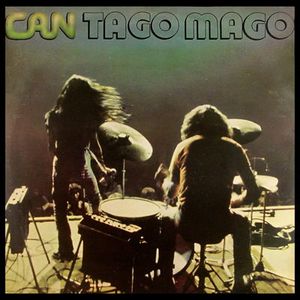 Can, Tago Mago. Holger Czukay's experimental German avant-garde band Can was never easy to find "on this side of the pond" as they say. My friend Kim, a legendary late-night dj on D.C.'s once-underground WHFS, introduced to me to this as he has introduced me to so much else. "Tago Mago" is Can's third album and one of its most accessible. Uncomfortably pigeonholed as part of the "krautrock" genre exemplified by early electronica bands such as Kraftwerk and Amon Düül II, Can never really fit the slot: their music is improvisatory, hallucinatory, atmospheric, constructed, always adventurous and probing. "Tago Mago" was influential on a wide variety of bands from The Sex Pistols to Radiohead, and yet might be more listenable now than it was back when it was hard to find. Note that the 40th Anniversary Edition of the CD
Can, Tago Mago. Holger Czukay's experimental German avant-garde band Can was never easy to find "on this side of the pond" as they say. My friend Kim, a legendary late-night dj on D.C.'s once-underground WHFS, introduced to me to this as he has introduced me to so much else. "Tago Mago" is Can's third album and one of its most accessible. Uncomfortably pigeonholed as part of the "krautrock" genre exemplified by early electronica bands such as Kraftwerk and Amon Düül II, Can never really fit the slot: their music is improvisatory, hallucinatory, atmospheric, constructed, always adventurous and probing. "Tago Mago" was influential on a wide variety of bands from The Sex Pistols to Radiohead, and yet might be more listenable now than it was back when it was hard to find. Note that the 40th Anniversary Edition of the CD is a deluxe production with many extras (including, unfortunately, a poorly recorded live CD you should ignore).
is a deluxe production with many extras (including, unfortunately, a poorly recorded live CD you should ignore).
Track to sample: "Bring Me Coffee or Tea."
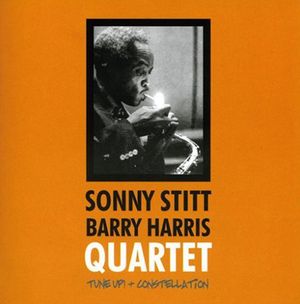 Sonny Stitt with Barry Harris, Tune Up! + Constellation (okay, this one's not actually on iTunes—I just thought it was—but it's on CD, and can be purchased here. I have the Gambit / Fresh Sounds Records reissue
Sonny Stitt with Barry Harris, Tune Up! + Constellation (okay, this one's not actually on iTunes—I just thought it was—but it's on CD, and can be purchased here. I have the Gambit / Fresh Sounds Records reissue ). To be controversial, I sometimes rate Sonny Stitt higher than John Coltrane in the pantheon of jazz saxophonists. There's a glint of truth behind that. Coltrane's vaunted "sheets of sound" never particularly moved me (I know it thrills some people to the bone), and I've never been 100% convinced by his tone. Stitt has nowhere near the reputation and rates a weak flicker on the cool-O-meter by comparison, but to me he's the true heir of Charlie Parker. The two Cobblestone records, "Tune Up!" and "Constellation," recorded late in his life and career, were a refreshing blast of "roots" bebop from a time when most jazz musicians, drowning under the rock tsunami, were trying anything to accommodate. These were once so rare that aficionados would spend years tracking them down.
). To be controversial, I sometimes rate Sonny Stitt higher than John Coltrane in the pantheon of jazz saxophonists. There's a glint of truth behind that. Coltrane's vaunted "sheets of sound" never particularly moved me (I know it thrills some people to the bone), and I've never been 100% convinced by his tone. Stitt has nowhere near the reputation and rates a weak flicker on the cool-O-meter by comparison, but to me he's the true heir of Charlie Parker. The two Cobblestone records, "Tune Up!" and "Constellation," recorded late in his life and career, were a refreshing blast of "roots" bebop from a time when most jazz musicians, drowning under the rock tsunami, were trying anything to accommodate. These were once so rare that aficionados would spend years tracking them down.
Track to sample: "A Ghost of a Chance."
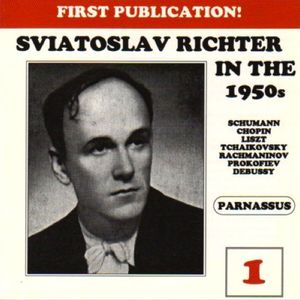 Sviatoslav Richter in the 1950s, volume 1. The great Richter has always had an elusive, legendary numen, despite being a protean recording artist, probably because he made such an impression when his recordings first emerged into the West from behind the Iron Curtain in the 1950s—and because he disliked to travel. At his death perhaps no pianist had more artistic authority associated to his name. I can't speak for real classical collectors here, but before the rare Parnassus set came out in the 1990s, it was difficult for civilians to find an early recording of Richter playing the Seventh Sonata of Sergei Prokofiev, which Prokofiev wrote for Richter. Now? Anybody can click on it in iTunes. It's not even expensive, which seems just...wrong, somehow. The CD
Sviatoslav Richter in the 1950s, volume 1. The great Richter has always had an elusive, legendary numen, despite being a protean recording artist, probably because he made such an impression when his recordings first emerged into the West from behind the Iron Curtain in the 1950s—and because he disliked to travel. At his death perhaps no pianist had more artistic authority associated to his name. I can't speak for real classical collectors here, but before the rare Parnassus set came out in the 1990s, it was difficult for civilians to find an early recording of Richter playing the Seventh Sonata of Sergei Prokofiev, which Prokofiev wrote for Richter. Now? Anybody can click on it in iTunes. It's not even expensive, which seems just...wrong, somehow. The CD costs two and a half times as much.
costs two and a half times as much.
Track to sample: the first (the Quarrel from Cinderella).
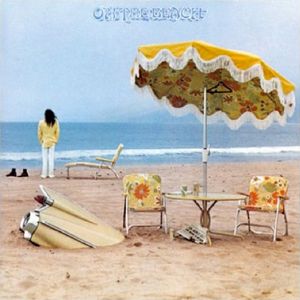 Neil Young, On the Beach. Neil Young is nothing if not quirky. For reasons that as far as I know have never been explained, for many, many years he refused to release "On the Beach"—one of the greatest albums of his early, depressive period and possibly the best single album of his career (the album is the middle of the so-called "Ditch Trilogy")—on CD. Some people have forgotten (and younger people may not know) how conventional it was in the early days of digital music, when CDs were still scarce, for people to say they wouldn't switch to CDs because "most of the music I listen to will never be available on CD." The opposite has generally been closer to the truth—CD, and now downloads, have rescued from the fathomless depths of record company vaults tens of thousands of recordings that would have gone in and out of print on vinyl only to become rare and sought after and fought over for years by the indefatigable collector. In this one case, however, the early vinylist was right. For twenty years, collectors hoped in vain to get this in digital form, and furtively traded bootlegs recorded from vinyl and encoded on homemade CD-Rs. Now? Available at a click on iTunes for eight dollars. Not even full price. You can get the CD
Neil Young, On the Beach. Neil Young is nothing if not quirky. For reasons that as far as I know have never been explained, for many, many years he refused to release "On the Beach"—one of the greatest albums of his early, depressive period and possibly the best single album of his career (the album is the middle of the so-called "Ditch Trilogy")—on CD. Some people have forgotten (and younger people may not know) how conventional it was in the early days of digital music, when CDs were still scarce, for people to say they wouldn't switch to CDs because "most of the music I listen to will never be available on CD." The opposite has generally been closer to the truth—CD, and now downloads, have rescued from the fathomless depths of record company vaults tens of thousands of recordings that would have gone in and out of print on vinyl only to become rare and sought after and fought over for years by the indefatigable collector. In this one case, however, the early vinylist was right. For twenty years, collectors hoped in vain to get this in digital form, and furtively traded bootlegs recorded from vinyl and encoded on homemade CD-Rs. Now? Available at a click on iTunes for eight dollars. Not even full price. You can get the CD , too. Of course, don't go looking for "Time Fades Away," another Neil Young standout from the same period that will never make it into digital form—Neil has bad memories from the tour it originated from, and, yep, refuses to rerelease it.
, too. Of course, don't go looking for "Time Fades Away," another Neil Young standout from the same period that will never make it into digital form—Neil has bad memories from the tour it originated from, and, yep, refuses to rerelease it.
Track to sample: "On the Beach."
 Tortoise, A Lazarus Taxon. Sometimes tiny, gem-hard kernals of criticism can be so true that you can never forget them again. Aforementioned friend Kim once said in passing that a band was essentially done by the time the first "greatest hits" album came out. I've never been able to forget that whenever I see a greatest hits package. Well, "A Lazarus Taxon" is Tortoise-speak for "greatest hits"—except it all hangs together surprisingly well; nobody does jazz-inflected experimental soundscape instrumentals more gorgeously than the Chicago-based Tortoise. So why does it belong on this list? Because it contains the entire "Rhythms, Resolutions & Clusters," the band's out-of-print and hard-to-find 1995 release. The CD box
Tortoise, A Lazarus Taxon. Sometimes tiny, gem-hard kernals of criticism can be so true that you can never forget them again. Aforementioned friend Kim once said in passing that a band was essentially done by the time the first "greatest hits" album came out. I've never been able to forget that whenever I see a greatest hits package. Well, "A Lazarus Taxon" is Tortoise-speak for "greatest hits"—except it all hangs together surprisingly well; nobody does jazz-inflected experimental soundscape instrumentals more gorgeously than the Chicago-based Tortoise. So why does it belong on this list? Because it contains the entire "Rhythms, Resolutions & Clusters," the band's out-of-print and hard-to-find 1995 release. The CD box is superbly done, includes a DVD, and as a bonus features photographs by Arnold Odermatt, whose book Karambolage
is superbly done, includes a DVD, and as a bonus features photographs by Arnold Odermatt, whose book Karambolage we featured in these pages a few years ago. Of course both of those are out of print now.
we featured in these pages a few years ago. Of course both of those are out of print now.
But you can still find the music on iTunes. Sort of takes the fun out of the hunt, dunnit?
Mike
Send this post to a friend
Please help support TOP by patronizing our sponsors B&H Photo and Amazon
Note: Links in this post may be to our affiliates; sales through affiliate links may benefit this site. More...
Original contents copyright 2011 by Michael C. Johnston and/or the bylined author. All Rights Reserved.
Featured Comment by Martin Sharman: "Not only are these once rare albums available for purchase on CD or download—all except Tortoise and some of the Richter are available for immediate stream on Spotify U.K.
"Despite a CD collection bordering on four figures, and less numerous but physically larger racks of vinyl, as soon as I took out a Spotify subscription, my listening and purchasing habits were changed forever. I haven’t bought a CD since. I really would never have believed it, but the whole concept of buying music to keep is starting to appear very old fashioned.
"The utter delight of being able to read a superbly-written article recommending great music (such as this one, or any quality printed music magazine), and be able to instantly stream it into my consciousness, even as I read, is unquantifiable. My listening has become far broader and my musical knowledge has never been increasing at such a rate.
"Given that one has access to a reasonably comprehensive streaming library, why would I wait a few days for my CD order from Amazon to ship when I can listen immediately? And paying for permanent downloads makes even less sense, given the inherently time-limited nature of digital formats and storage media.
"(The only format still worth bothering with is vinyl, especially now all switched-on labels offer free digital downloads with each vinyl purchase. A carefully-manufactured vinyl record can deliver a genuinely valuable ownership experience, and can increase in value in a way digital never will. It has to be admitted that the fact that entry into the vinyl-owning and -playing world is relatively inconvenient and expensive only increases its cachet as the format of choice for the serious collector.)
"However, I do sometimes worry about the transience of digital and its effect on my music consumption.
"Never again will I experience that thrill of Saturday afternoon record shopping; of having awaited a release from a favourite band and queueing to purchase; of having a shortlist of potential buying material in mind and browsing the racks, examining the cover, reading the liner notes, sometimes even asking for a sneak preview on the shop CD player before deciding, there and then in the shop, which to buy. How less romantic it seems to be able instantly to play each album in the comfort of one’s home; and when the decision has been made which of the shortlisted albums is the best—what then? No purchase necessary, just press play again.
"There is something about investing in a band with one’s own money that gives a psychological link; a virtual piece of ownership that a streaming service will never provide. And I do have qualms that my money isn’t being fairly distributed to the artists I listen to: the royalties per play are simply too small. But I won’t give it up. How else could I have drifted off to sleep last night with the dulcet tone of Stitt washing over me?"
if you can get it in the next 37 nanoseconds before it sells out. CDs of five of his best records for what amounts to shipping cost. My favorite is Time Further Out, but all five are excellent.
